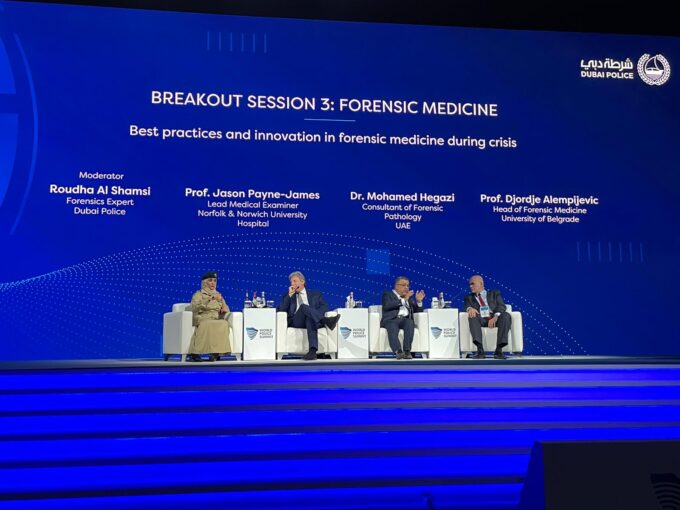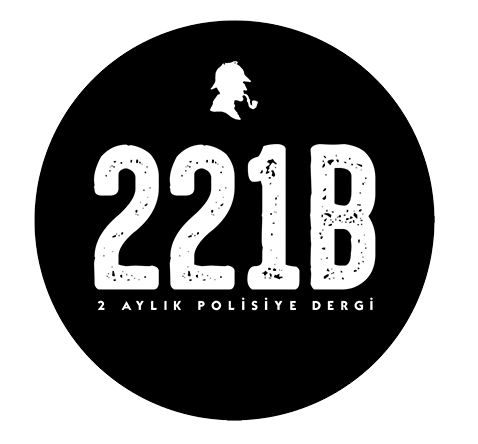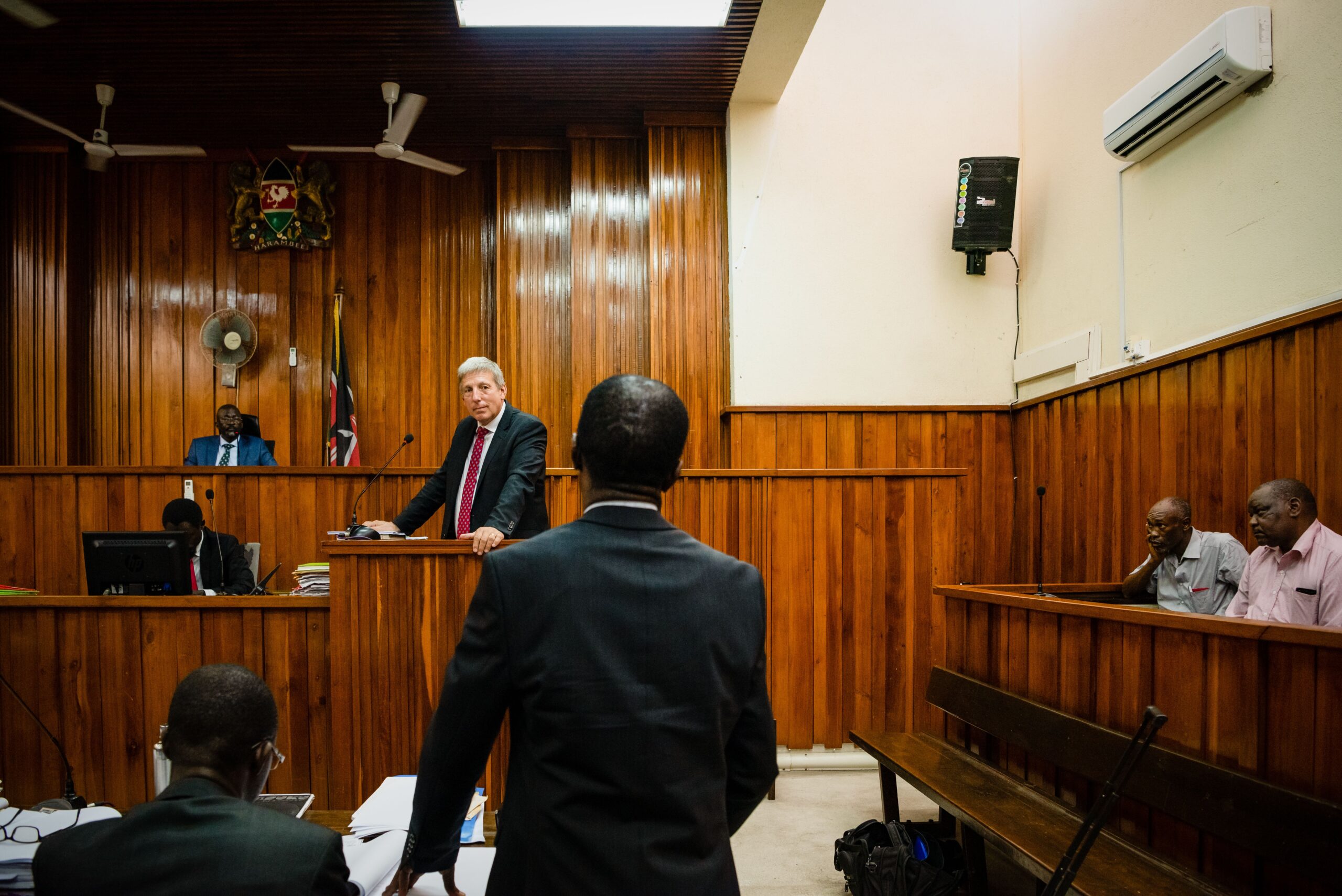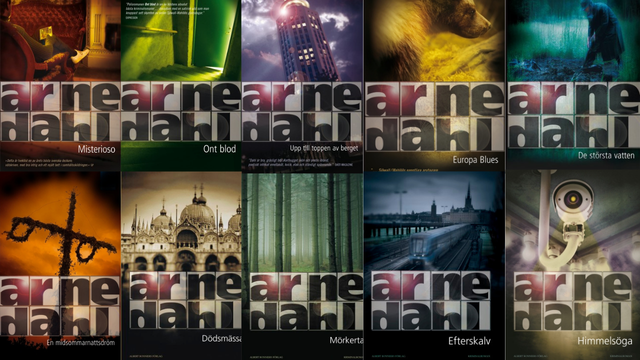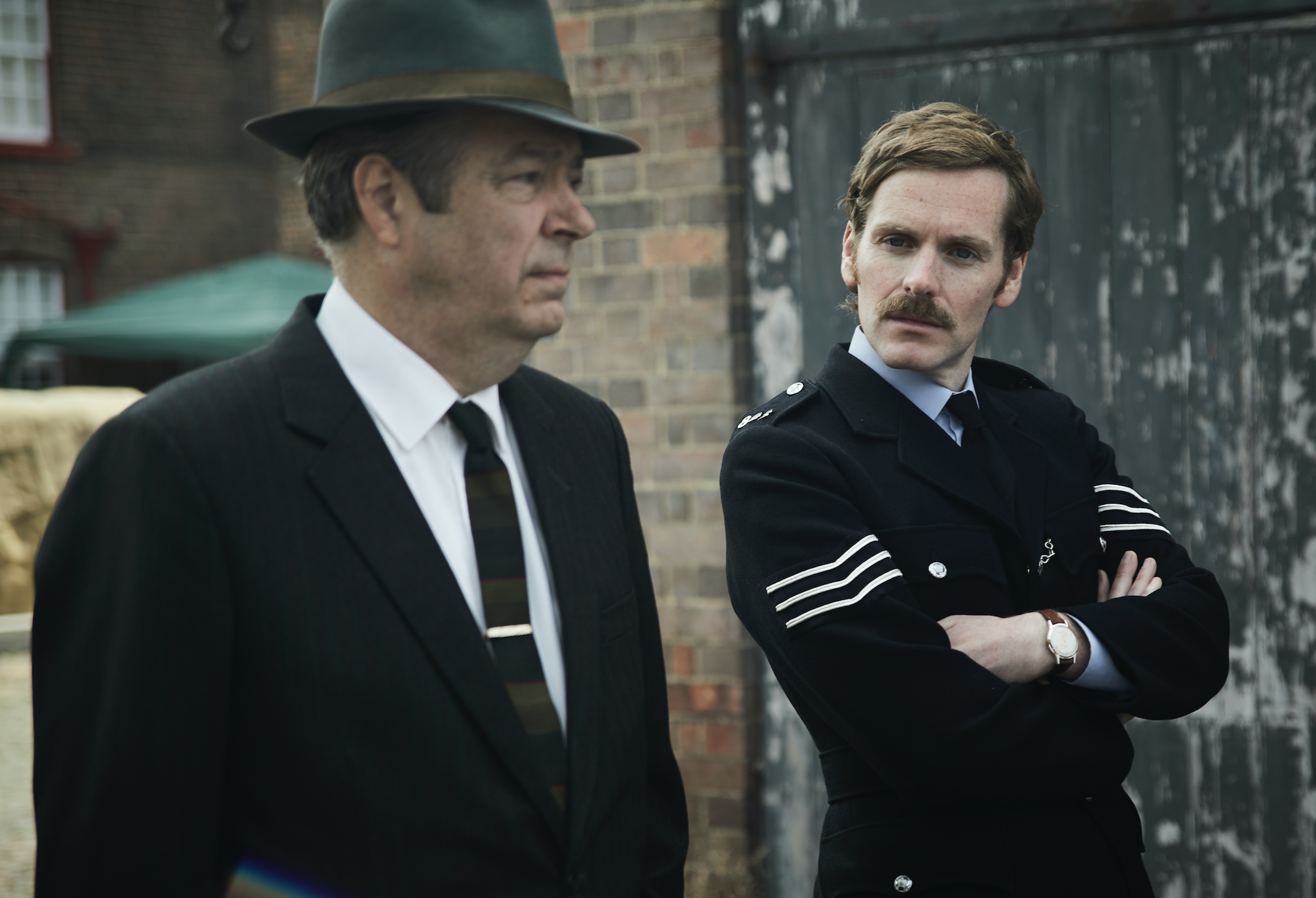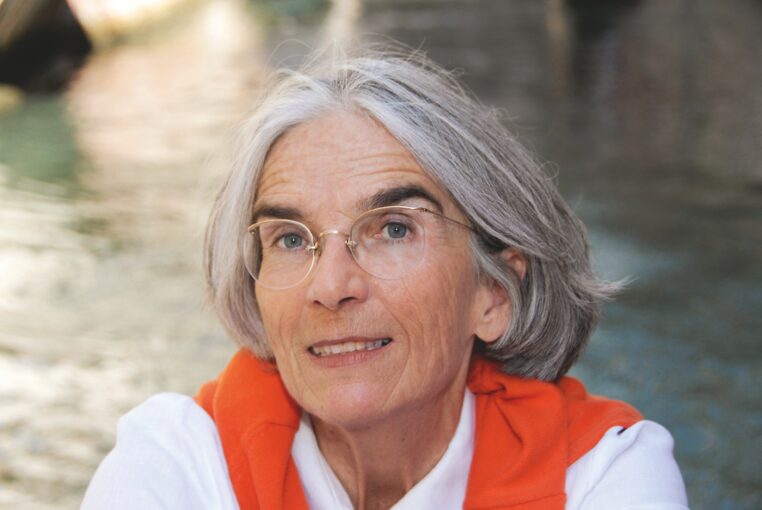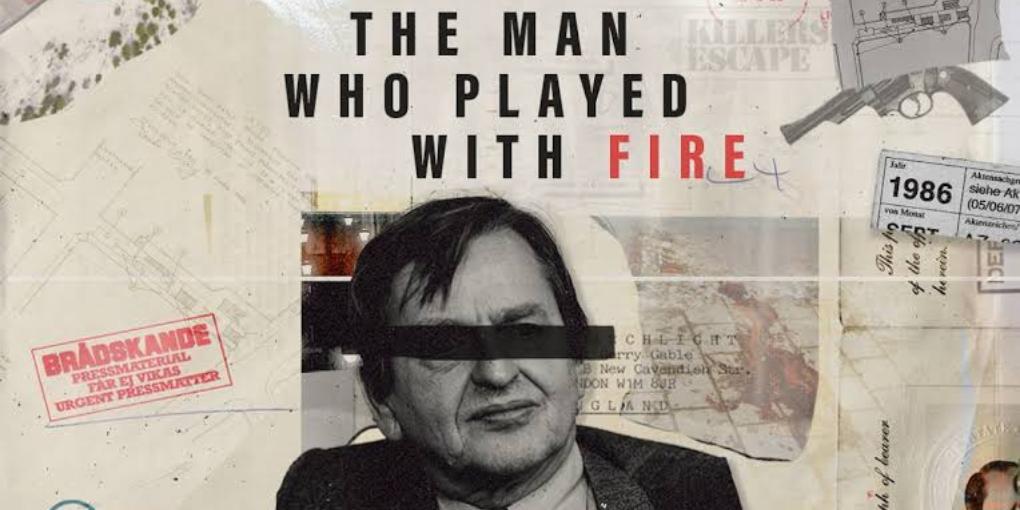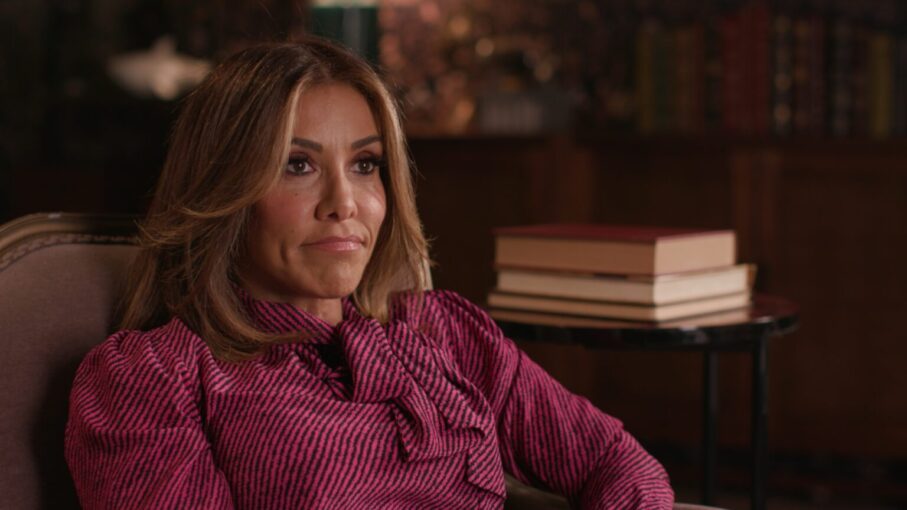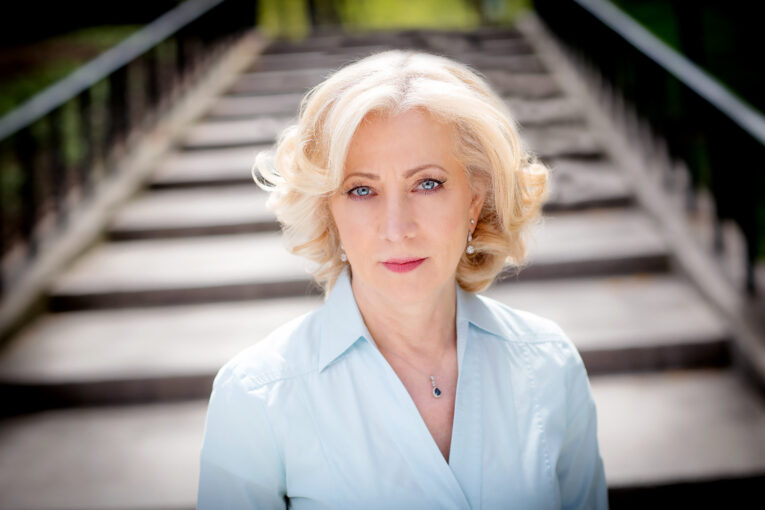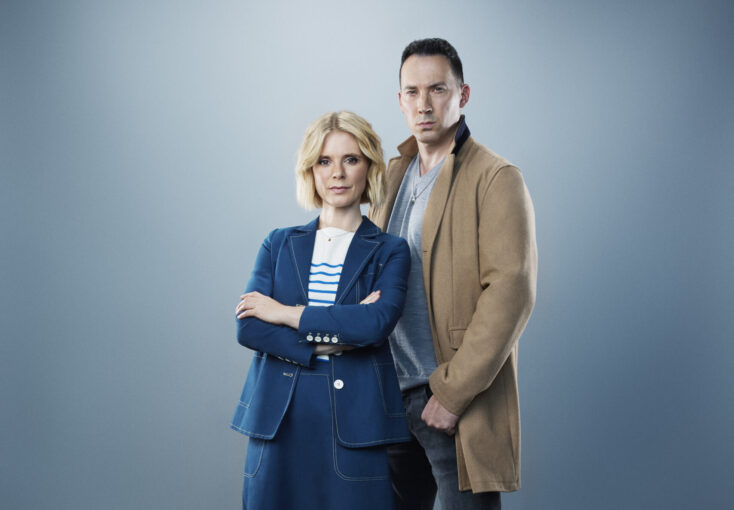Professor Jason Payne-James is an independent forensic physician, researcher, writer, and editor who provides consulting services to institutions in the UK and various countries around the world. He serves as an expert witness in legal cases, offering forensic reports, and works on numerous high-profile cases, including those involving wrongful convictions. He offers free support to defendants in cases involving the poor, immigrants, and women. In addition, James consults on some true crime documentaries and crime series, and he is the editor of Forensic Science Research. We discussed the importance of independent forensic work and what the future holds for the field.
First, we would like our readers to know you in detail. Could you please tell us about your works briefly?
Jason Payne-James: I work in forensic & legal medicine as a forensic physician. Although many people understand the term ‘forensic pathologist’ – someone who undertakes autopsies and determines cause of death, the term ‘forensic physician’ is less well known – but as forensic physicians we deal with the living aspects of forensic & legal medicine. We call this ‘clinical forensic medicine’. In most cases forensic physicians will be assessing complainants or suspects of crime on behalf of law-enforcement agencies and the judiciary. The range of work is very broad This may involve adult and child complainants of rape, neglect, and violence, and those who have been arrested as suspects. The forensic physician role may be to document and interpret injury, assess those with physical health conditions, those who are under the influence of drugs or alcohol, and those with mental health issues. We may review cases of possible torture, cruel, inhuman and degrading treatment or cases of possible female genital mutilation. We may review those who have been restrained and exposed to less-lethal weapons such as Taser or kinetic energy projectiles and other methods such as irritant spray. There are many other functions including providing written and live evidence for courts. The role has widened substantially over the 30+ years I have been in practice. In the UK there is no formally recognised specialty of forensic & legal medicine (although progress is being made). Prior to becoming a forensic physician I trained as a surgeon and a gastroenterologist.
For many years you have carried out many great works on forensics, both practically and academically. Regarding forensic science, what have changed since 2002? Which technologies have developed? What have we learned about forensic science since then?
Jason Payne-James: I wouldn’t say I have carried out many great works (although I am very flattered that you have suggested it!) but I believe that since 2002, in addition to more pure sciences such as toxicology, biology and DNA analysis, clinical forensic medicine has become much more widely recognised by other medical specialties as a defined area of medical practice. This is in part because there is more basic clinical research of good quality being published in our areas of work (for example sexual offences) and a reasonable evidence-base is developing in the field. Clinical forensic medicine is still very much reliant on clinical skills (ie taking a history, undertaking an examination, interpreting findings and deciding on the management). In the clinical setting technologies that have substantially benefitted forensic medicine are the radiological techniques (such as post-mortem radiology). I am optimistic that for cases of non-fatal strangulation new radiological techniques will prove very useful. I have always found all aspects of the work fascinating and have been lucky enough to publish articles and books on areas of work that I enjoy and I believe I’ve been lucky to be doing this at a time when there are many likeminded colleagues around the world who feel the same. The main thing that I would say I have learned about forensic science is that any new technology or advance needs to be fully validated and peer-reviewed before being incorporated into mainstream practice.
In last decades the technology and science have improved a lot, and there are many specialists working in the field. But still, all over the world, judicial errors can be made in many cases. You also work on judicial errors. Do you think such errors occur at the time of crime scene investigation, or are there some mistakes in expert opinions, or in conclusions of decision-making authorities in some cases?
Jason Payne-James: I have seen many miscarriages of justice (those who are guilty of a crime being acquitted, and those who are not guilty being convicted). Most of the miscarriages will result from failure or incompetence in one or more of the following areas: the assessment of the individual or the scene; documentation (eg of injury); biological sampling; interpretation of findings; police or law-enforcement process; oversight of those processes; prosecution; defence (eg not challenging a flawed medical opinion); the legal process. Most of the time failures in these areas are not deliberate but accident, or caused by personnel who are not appropriately trained for their role. Occasionally, potential miscarriages may be caused by malice or corruption (at a local and governmental level). These latter examples are the most difficult to challenge.
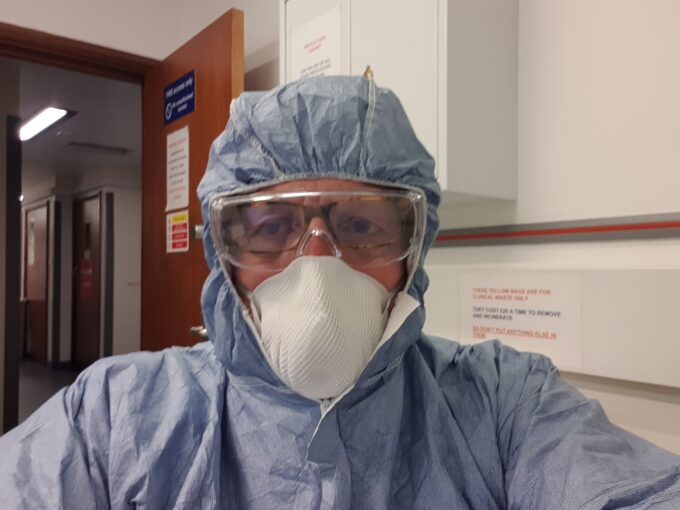
In the fields of science and technology, almost every day we get a ground-breaking new information, and in this regard, millennium is very promising. What kind of developments you think will take place in the field of forensics in near future – that’s in the next 10 years?
Jason Payne-James: This is a very difficult question to answer. There will be many subtle improvements in the pure science of forensics but the problem will remain that even with excellent science producing unambiguous answers, this information still needs to be conveyed to judges and juries. I hope that reliable means of providing unbiassed forensic science and medicine information will develop so that the courts are in the best position to asses the forensic evidence in the context of their case.
You have also designed applications like Forensidoc and Forensigraph. Thanks to these applications, it becomes possible to bring data together and create archives. Do you think these applications will enable crimes to be solved more quickly and uncontroversially?
Jason Payne-James: I would be delighted if ForensiDoc and ForensiGraph could do that, but I think they won’t. They were developed to help my own clinical practice and to try and improve the quality and detail of recording forensically relevant information in a repeatable and editable form. However I do believe that big data has huge potential in the interpretation and understanding of patterns of injury and hope that large multicentre, international prospective studies could be established (for example to explore genital injury after sexual assault, or physical findings after tear gas exposure) which may clarify many areas of clinical uncertainty.
The technique called forensics animation, I think, is practised in many countries. With this technique, the crime scene is tried to revive, and possibilities are eliminated. What do you think is the biggest contribution of such techniques to the field?
Jason Payne-James: I have limited experience of this but am a big fan of anything that enables investigators and others understand the events that happened at the scene of a crime. I am sure that VR and the metaverse will contribute substantially in the near future.
For many years, you have been advising many institutions, your expertise has been consulted in various cases in your country and in different countries of the world. Which cases have you found very interesting throughout your career or which cases have surprised you quite a bit, and why?
Jason Payne-James: I am lucky to have been asked to review cases in a number of countries other than the UK. One case which I think was very important was the death in custody of a young man – Alexander Monson, in a police station in Diani, Kenya. His family sought my assistance as it was said that he had died of a drug overdose. Over a 5 year period we managed to establish clearly that he did not die of a drug overdose but from an assault by police, 4 officers of which were convicted of his manslaughter. This showed me that the broad principles of investigation apply everywhere – that is, meticulous review of every piece of evidence. As a result, we could identify what was fabricated, what was misinterpreted, and what was hidden, and this resolution gave comfort to the family. One other case was when I had to visit Guerrero prison in Acapulco to examine a number of 8 Mexican nationals who had been arrested for murder (that they had not committed but had confessed to having been subject to cruel, inhuman and degrading treatment). I was able to examine them and later at a special court hearing, presented my Istanbul Protocol compliant findings, which concluded that they had been subject to such treatment. The judge concluded that all their confessions were coerced and all were acquitted. These cases provide some comfort that justice may be slow, but if the system works, then justice will be done.
You have advised and contributed to many documentaries about real crimes – including documentaries about Jack the Ripper. In recent years, there has been an increase in the number of documentaries, docudramas and series based on real crimes. As a specialist of forensics, why do you think we watch and love real crime works?
Jason Payne-James: I think it is an innate feature of most of us that death, injury and crime are fascinating. I am as fascinated as anyone else about such things and I feel that the producers and directors nowadays are much more subtle and sensitive and nuanced as to how they present such cases.
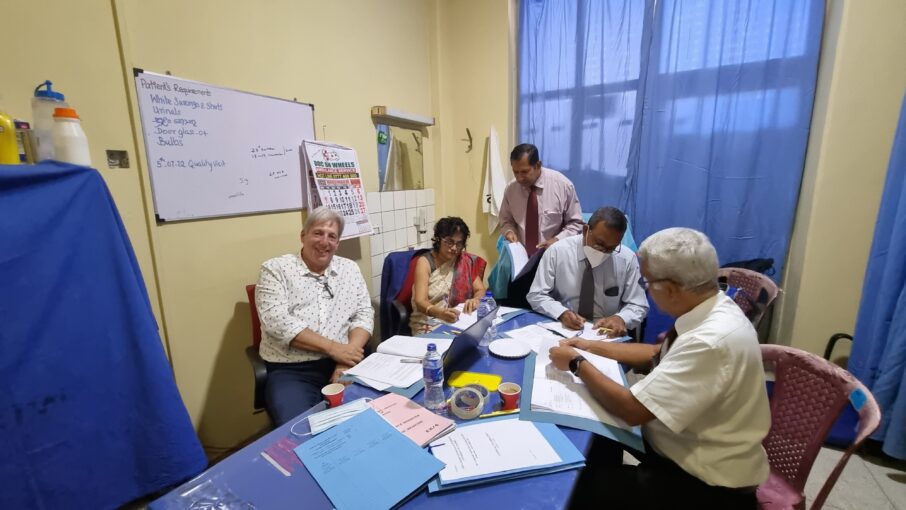
While making real crime documentaries, talking, or writing about real crimes, or murderers, what do you think should be considered carefully? What kind of ethical principles should be respected?
Jason Payne-James: This is always a sensitive subject but I believe that consent of families and next of kin is essential, and confidentiality and sensitivity should always be at the forefront of consideration. In general, I believe we should recognise that there will always be a demand and it is often an opportunity to provide an accurate and appropriate interpretation without sensationalising a subject. I believe that any person working in the forensic field should be very aware of how a production company will use their contribution, and retain a power of veto.
The most difficult thing for writers, who write detective novels or screenplays about crime, is following the developments of forensic science. What is your advice to these writers and screenwriters all over the world? How can they learn about the latest works and developments of the forensics correctly?
Jason Payne-James: Read each new edition of forensic medicine and science textbooks (preferably mine :)).
What do you think about the representation of forensic science experts in TV series and movies? Do you think there are deficiencies in this representation?
Jason Payne-James: Short answer – I think that many TV series and movies completely mislead about forensic medicine and science and give the impression we can achieve certain results which we can’t. All forensic experts are providing one piece of a giant jigsaw. It is best to ignore most of these programmes and I don’t watch them (mind you that could just be sheer jealousy).
As a world-renowned forensic scientist, what real crime documentaries, series and movies have you found best? In addition, which fictional works (novels, series, or films) do you think give the most detailed and accurate representation of forensic science?
Jason Payne-James: Well, thank you – I’m not sure about world renowned…but once again I am flattered! I believe that the current multi-episode real crime documentaries that follow the narrative of certain cases are fantastic (eg Making a Murderer). I think dramatisations (eg Black Bird) can be fascinating. I don’t go out of my way to watch true crime as I spend most of my life involved in some aspect of it but I am love bingeing on series which touch on some of my work such as Breaking Bad, Homeland, Fauda and others. I will still occasionally read books by Agatha Christie and PD James, as they are really perfectly written.
You give speeches and seminars not only to those who work in academia, in the field of forensic science, but also to people outside the field. I think that especially lawyers, members of the police force, and journalists should have more detailed information about forensic science. What are the most common questions you encounter in your conversations with people outside the field?
Jason Payne-James: The most common question is ‘with some of the things you see, how do you sleep at night?’. Actually I sleep very well but I think it is very important when dealing with rape, murder, torture, child and elder abuse and all kinds of violence and acute behavioural disturbance on a day to day basis, to be able to do other things that take you away from that for a while. I don’t think it matters what, I like food, theatre and walking and have been an offshore sailor for 25 years. You also need a support network of friends and colleagues and family who understand and can empathise with some of the pressures. I have my ups and downs but feel very privileged that I’ve had a 30+ year career that has been consistently interesting and which I love, and have no intention of retiring.
